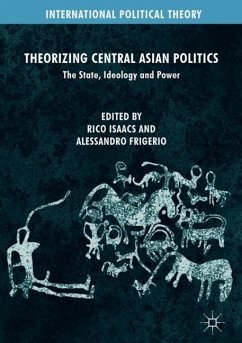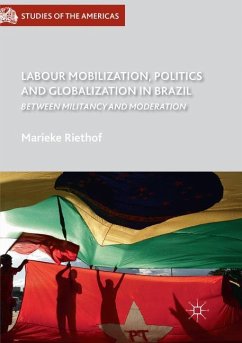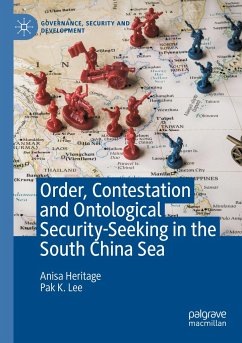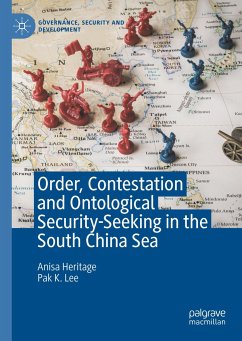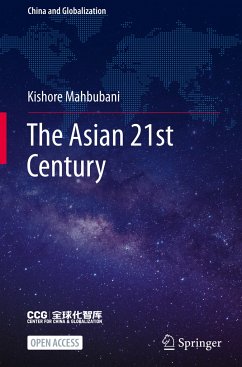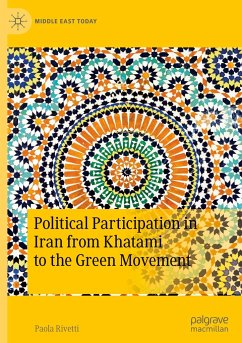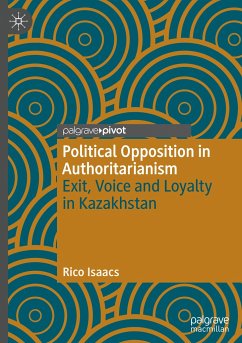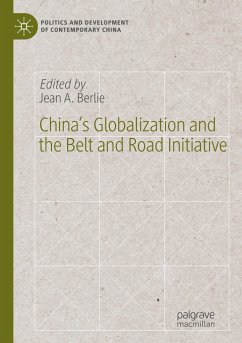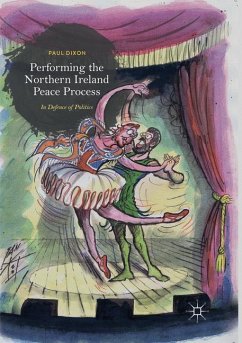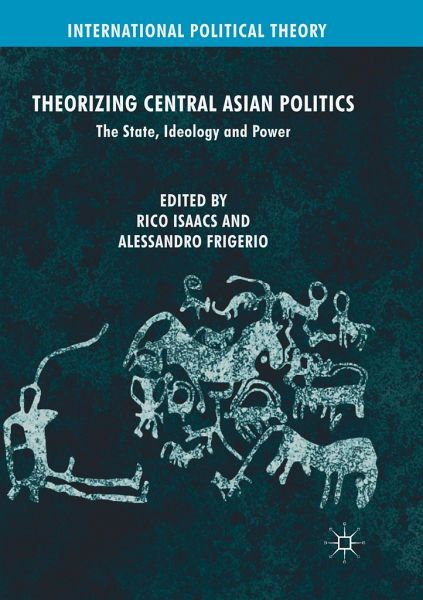
Theorizing Central Asian Politics
The State, Ideology and Power
Herausgegeben: Isaacs, Rico; Frigerio, Alessandro
Versandkostenfrei!
Versandfertig in 6-10 Tagen
76,99 €
inkl. MwSt.

PAYBACK Punkte
38 °P sammeln!
This book brings together a series of innovative contributions which provide an eclectic view of how theorizing politics plays out in Central Asia. How are the concepts of governance, legitimacy, ideology, power, order, and the state framed in the region? How can we use the experiences of the Central Asian states to renovate political theorizing? In addressing these questions, the volume relies on the contributions of many young and local researchers, whose chapters are primed to address three key themes: exploring models of governance, revealing ideological justifications, and reframing state...
This book brings together a series of innovative contributions which provide an eclectic view of how theorizing politics plays out in Central Asia. How are the concepts of governance, legitimacy, ideology, power, order, and the state framed in the region? How can we use the experiences of the Central Asian states to renovate political theorizing? In addressing these questions, the volume relies on the contributions of many young and local researchers, whose chapters are primed to address three key themes: exploring models of governance, revealing ideological justifications, and reframing state and order. Utilizing a range of single and comparative case studies from across the Central Asian space, this illuminating and original volume opens up a new space for political theorists, regional specialists and students of politics to begin reconsidering how we approach the theorization of regions of the world assumed to be on the periphery.



